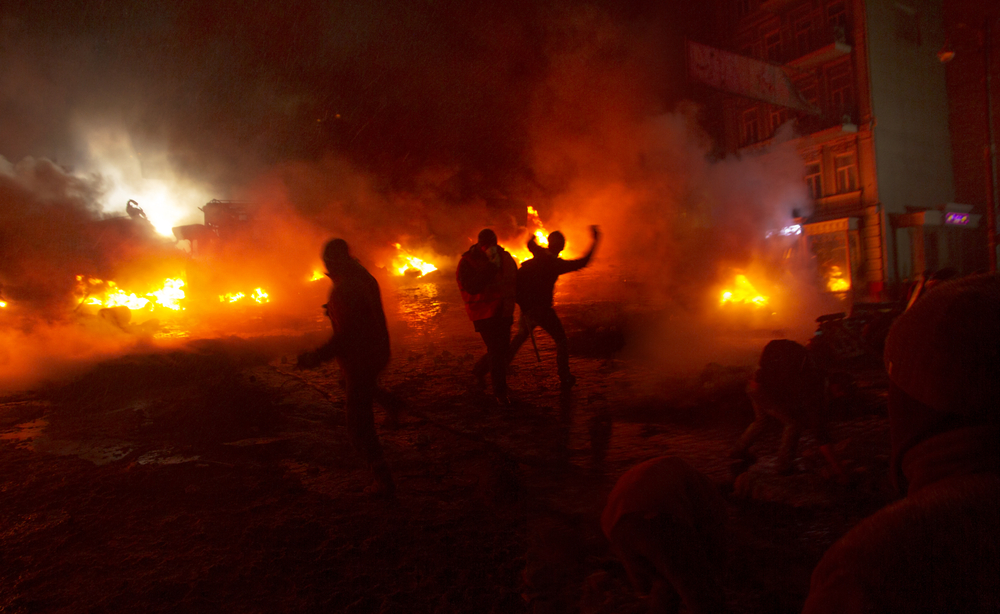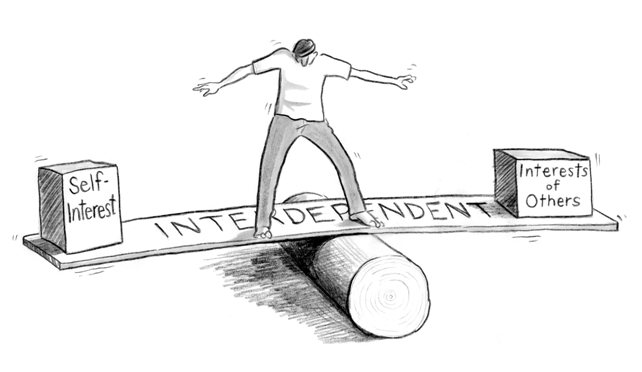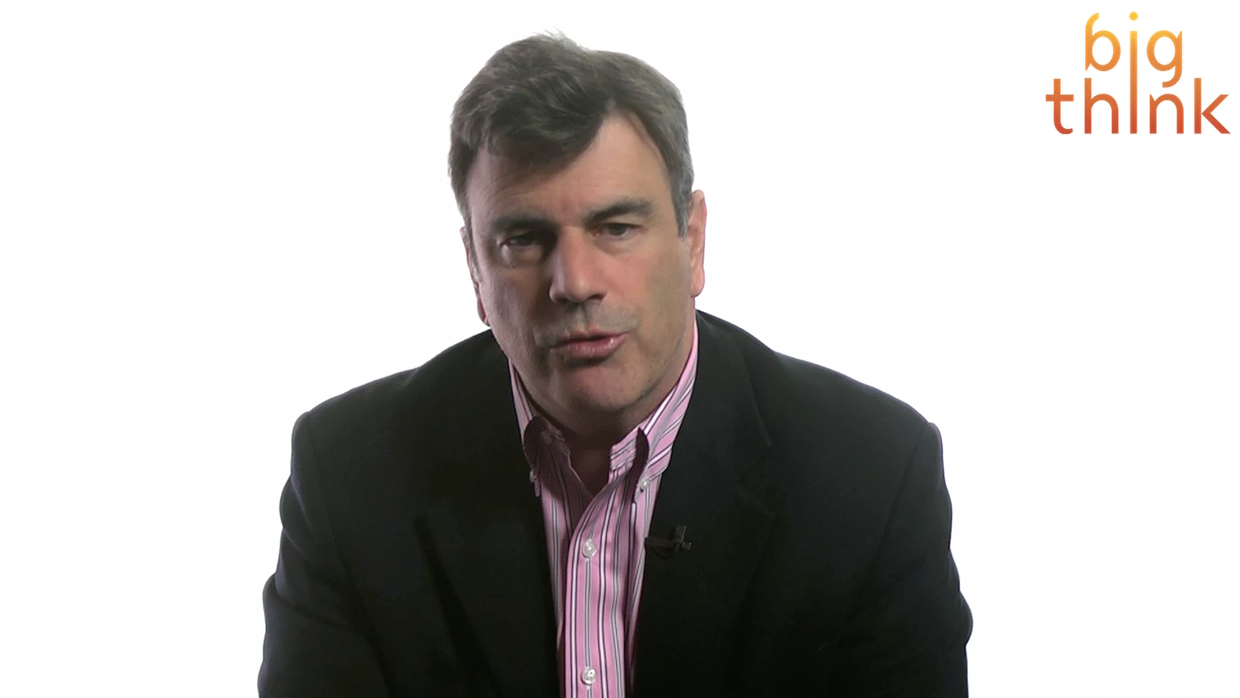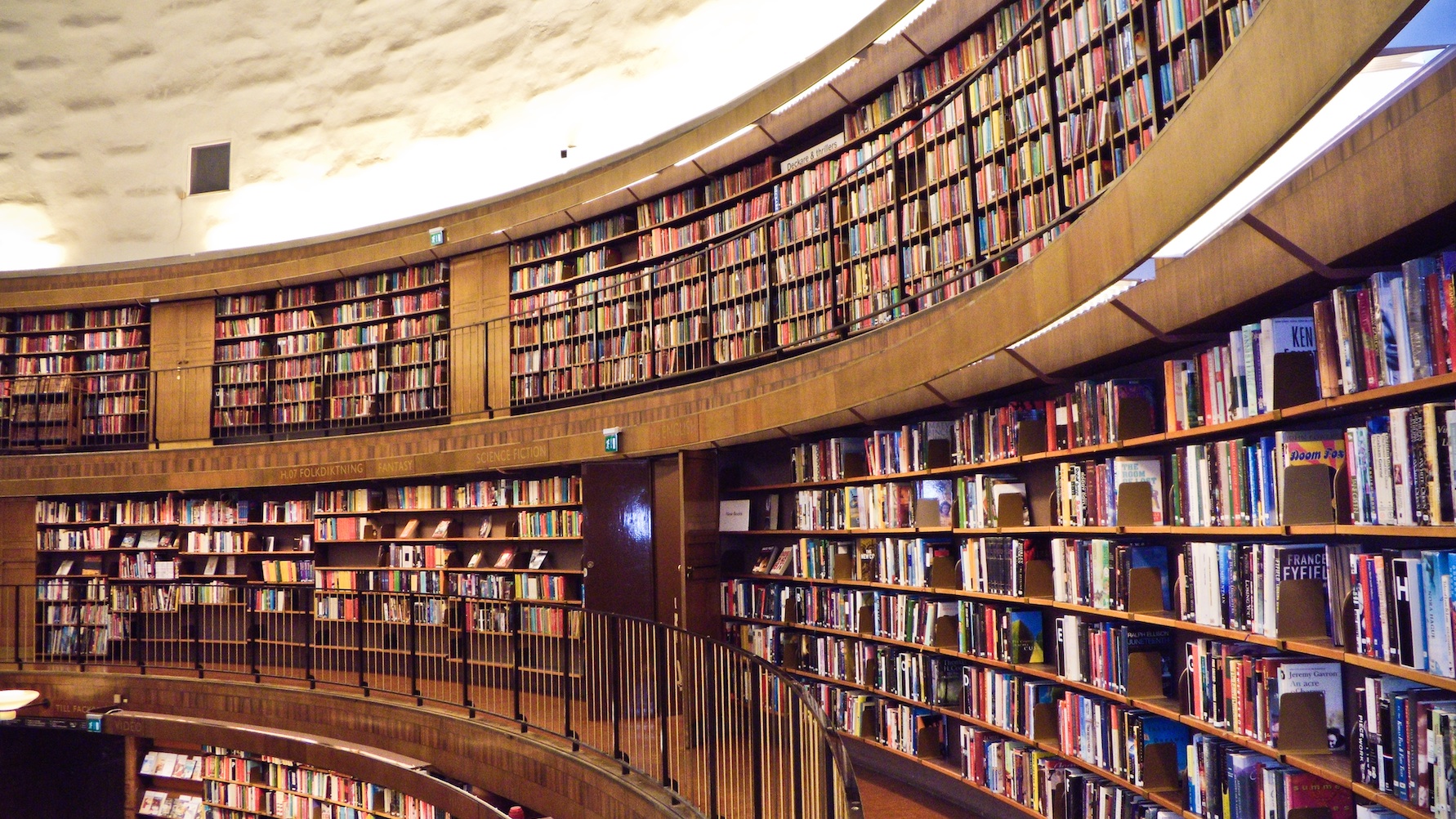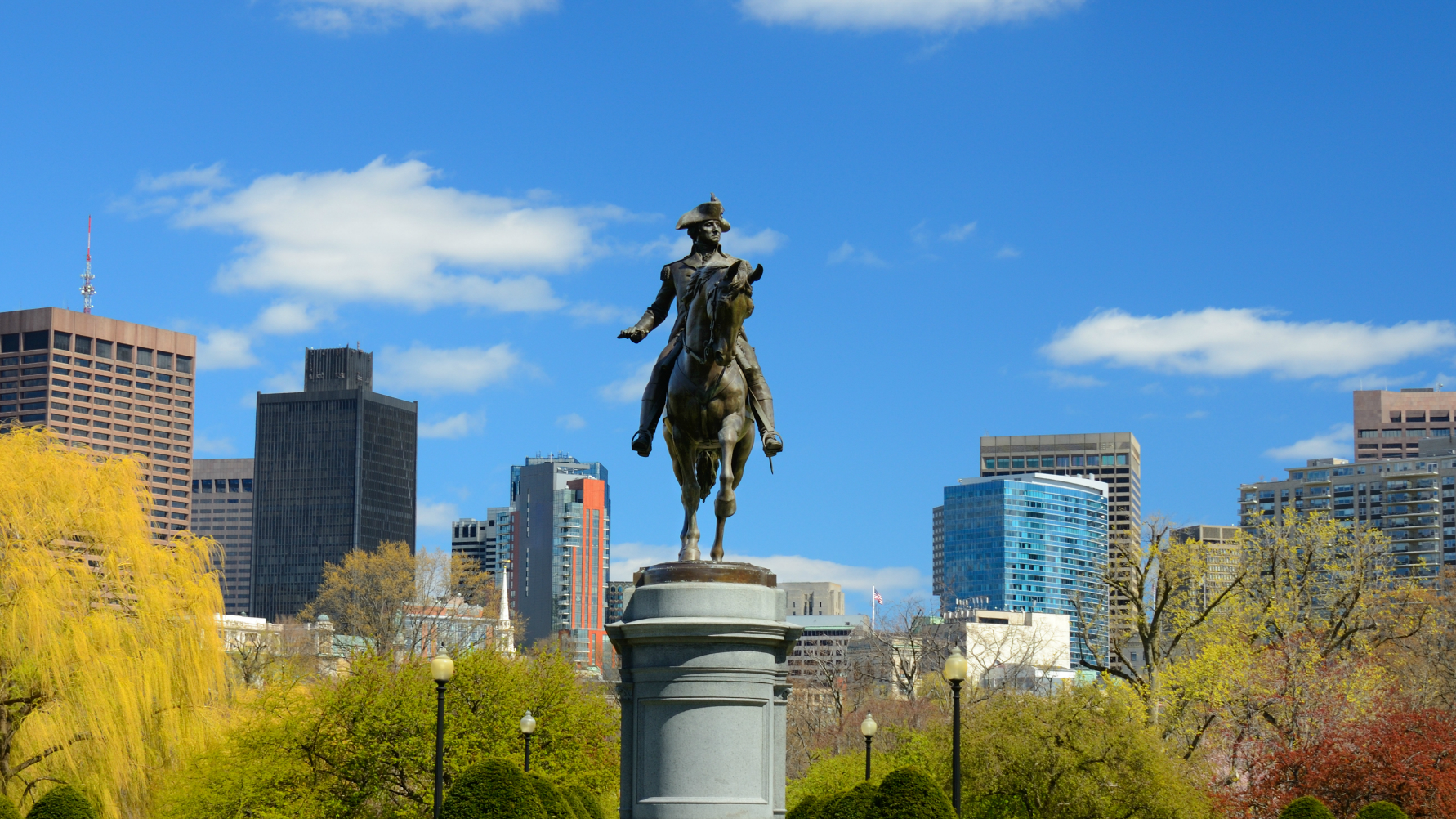Politics & Current Affairs
All Stories
Today is our National Day of Prayer, emphasis on “our” and “National,” meaning freedom is the prevailing principle through which to approach our discussions (and Internet comments).
Last week’s events in Nepal and Baltimore were drastically different. Yet how people responded to two tragedies offer insight into how we deal with trauma and how we decide to offer compassion.
Two prominent economists have called for the institution of a worldwide economic-development plan modeled after the post-WWII European Recovery Program. They argue that helping poor countries industrialize is the best way to achieve lasting peace.
Is ruthless selfishness natural and rational? The idea that this is just how “selfish genes” and evolution work is unnaturally selective. Without certain kinds of cooperation, no gene can survive (that’s using the term cooperative in a similar metaphoric way that genes can be described as “selfish”).
The American Freedom Defense Initiative (AFDI), an odious right-wing organization dedicated to spreading offensive messages about Muslims, won a federal court battle this week against the Metropolitan Transit Authority (MTA) […]
Many past campaigns have tackled unique problems that come with running a repeat candidate. Hillary Clinton, who was defeated in the 2008 Democratic primary by Barack Obama, is the most notable example heading into the 2016 presidential election.
President John F. Kennedy famously implored Americans to ask “what you can do for your country” rather than “what your country can do for you.” That’s nice rhetoric, but the […]
The forgotten aspects of art history will always be the most intriguing. Digging up the dead storylines of art history, whether in the distant or the recent past, will never end, mostly thanks to forces that buried the facts, if not the bodies, for whatever agenda. Artists and Prophets: A Secret History of Modern Art 1872-1972 at the Schirn Kunsthalle Frankfurt resurrects German visionaries and Jesus wannabes from the late 19th and early 20th centuries to look at how their exploits and artistic creations helped shape the course of German and European modern art. It also shines light on how the impact of those figures fell into obscurity as another casualty of the ideological war waged by that most unfortunately unforgettable of German messianic aspirants — Adolf Hitler.
Considerable pressure is being mounted on the United States government, the United Nations, and the European Union to establish standards and regulations for limiting airplane emissions.
The news is the latest in a series of escalating business deals in the wake of the Obama administration’s announcement in December that the U.S. and Cuba would pursue full relations for the first time in 54 years.
Americans have accepted that the government spies on us, but a fair amount of people consider the government’s actions acceptable.
A recent spat between Sen. Ted Cruz and NASA Administrator Charles Bolden represents the always-sticky relationship between Congress and the U.S. space agency.
In January, Andrew Cuomo, the governor of New York, threw down the gauntlet on education in his State of the State Address: “Last year, less than 1 percent of teachers in New […]
Last week, the Supreme Court heard oral arguments in Equal Employment Opportunity Commission (EEOC) v Abercrombie & Fitch Stores, a case involving a Muslim woman whose headscarf, or hijab, disqualified […]
A brief explanation of today’s big net neutrality news and why the decision excites some while troubling others.
Far from using Islam as a mere facade for bloodlust the Islamic State’s interpretations of Koranic teachings are fundamental to its mission.
Polish foreign minister, Grzegorz Schetyna, said this week that his country will pay $262,000 to two Guantanamo Bay inmates following a ruling by the court of European human rights.
The state wants to increase competition, soften workers’ rights, and — sacré bleu — take fewer Sundays off work.
A new study, which followed nearly 1 million people over 10 years, concludes that smoking is even deadlier than we thought, accounting for more than 60,000 additional deaths per year and five additional diseases.
Economics and fiction both seek to describe and explain human nature. Measured against what makes fiction feel realistic, the tales of mainstream economists don’t ring true. Yet they govern us.
The United States has a long history of using force to defend the property and interests of its citizens. MIT Research Fellow Michael Schrage asks why responses to cyberattacks deviate from that precedent.
A team of scientists at the University of Pennsylvania has successfully modeled how group decisions form from seeming chaos.
The nonprofit sector is unfairly geared toward large, mainstream organizations that take in the most money but don’t adequately engage with the people most affected by a problem.
We have developed a world economy that is increasingly dependent on our information and communication technologies, says former NATO head Anders Fogh Rasmussen. That’s why the crux of our future welfare depends on the development of advanced cybersecurity.
The Atlantic’s Conor Friedersdorf argues that placing King’s face on U.S. currency makes sense on many counts. He also argues that “Old Hickory’s” racist legacy makes him the best candidate to be removed to make room.
Over two dozen veterans and active military personnel commit suicide every day. Countless more suffer from PTSD. One ex-Army officer explains that the secret to treating mental trauma is to employ combat veterans in psychiatric roles.
A new program out of Washington DC’s Public Library will attempt to answer some of the most important questions about personal privacy and security in America today, as well as show people how to use Tor.
Peter Thiel, whose funding helped pioneer Paypal and Facebook, is now investing in the budding marijuana industry with his venture capital firm Founders Fund.
The murder of a dozen Charlie Hebdo employees in France by Islamic extremists brings back memories of the unrest surrounding Muhammad cartoons published in a Danish newspaper in 2005.
Beantown beat out Los Angeles, Washington D.C., and the San Francisco Bay Area bids. Local debate has already begun as to whether trying to host the Olympics is even worth it.

